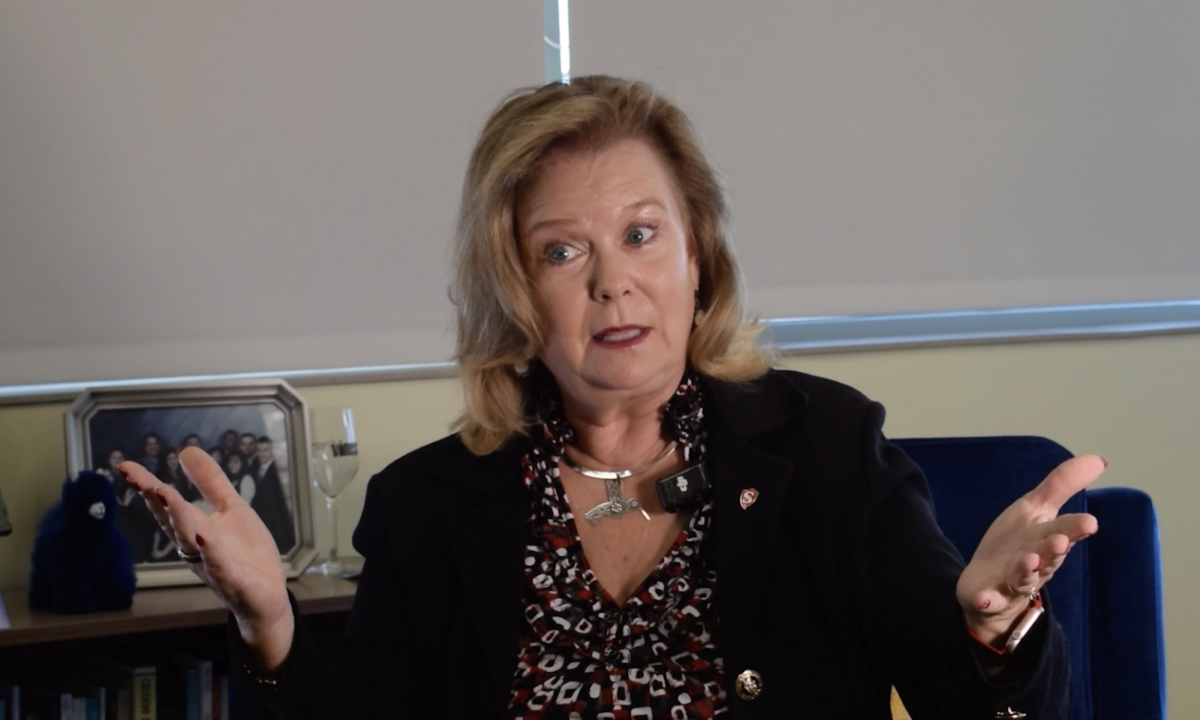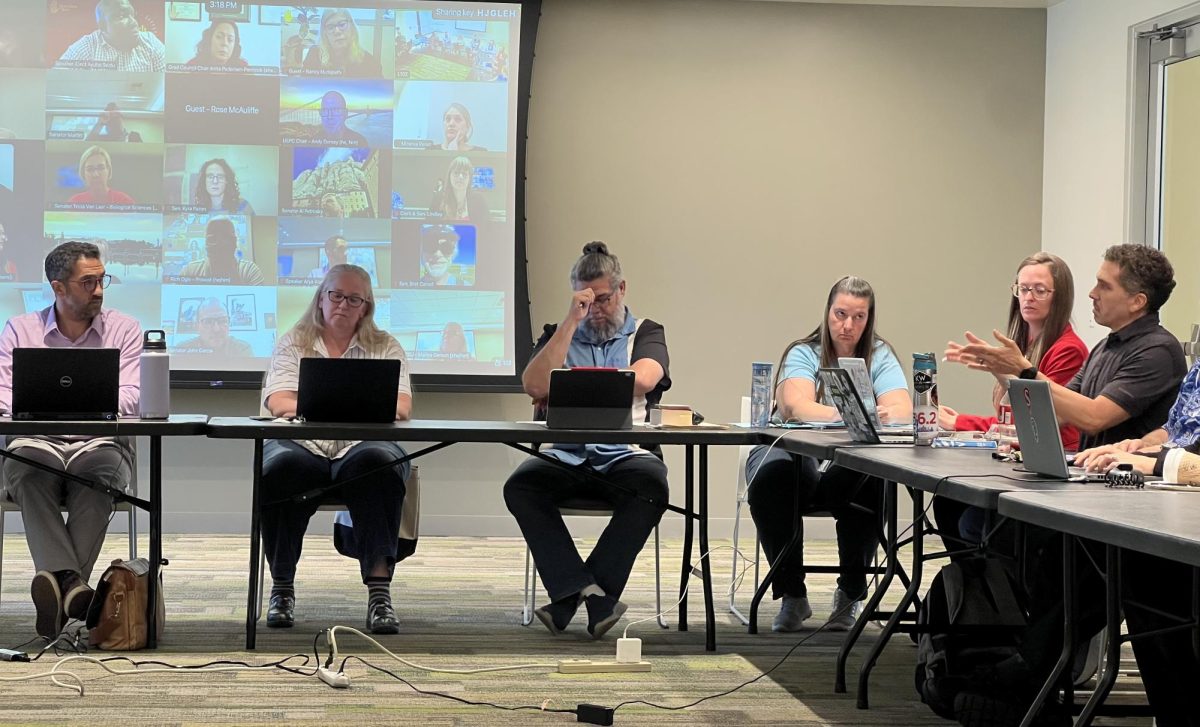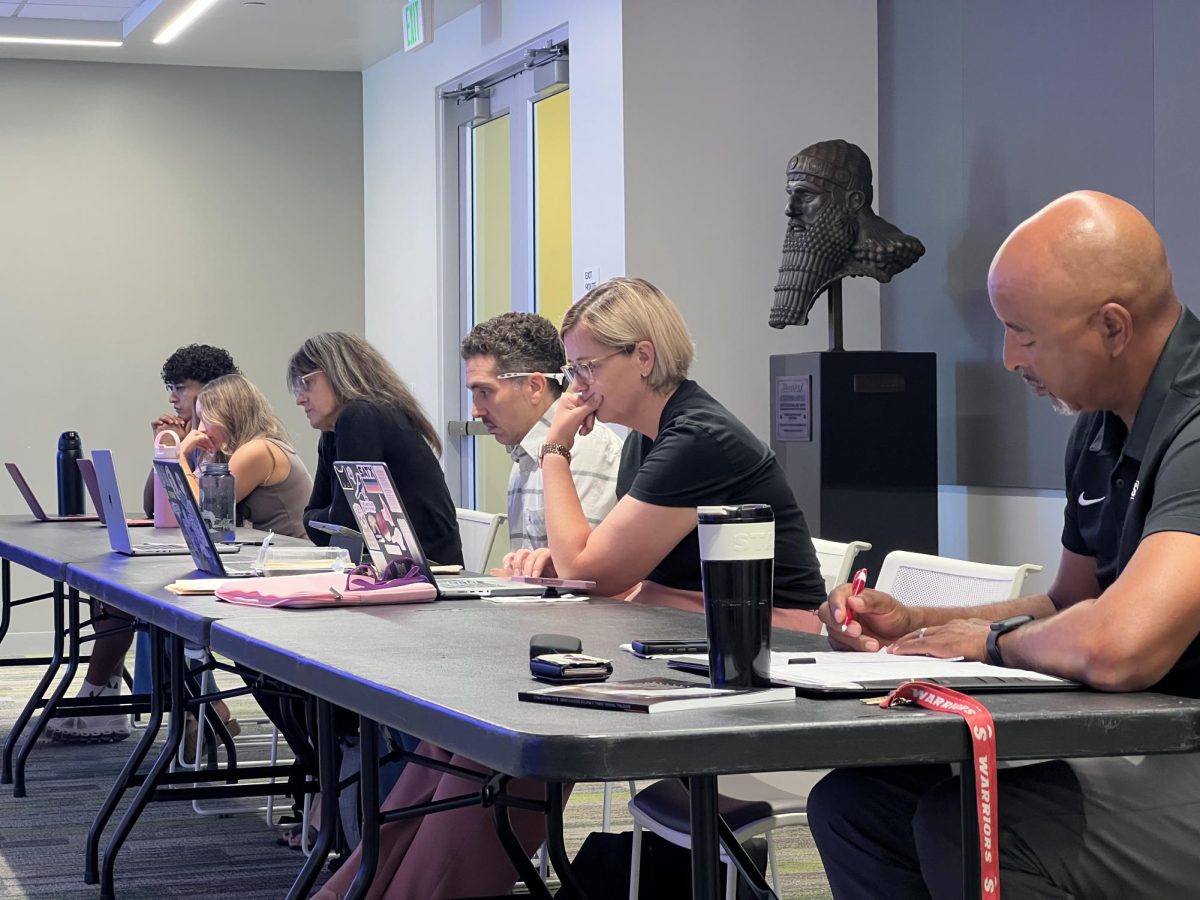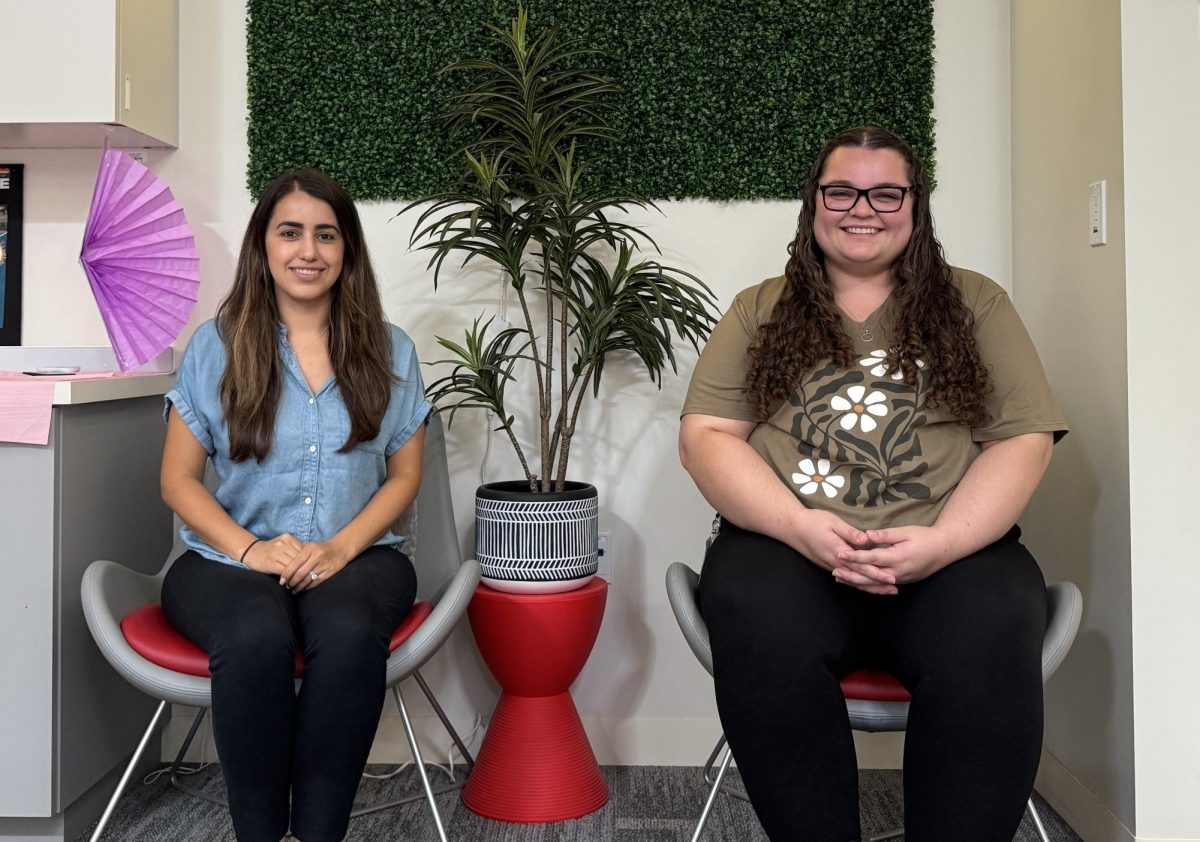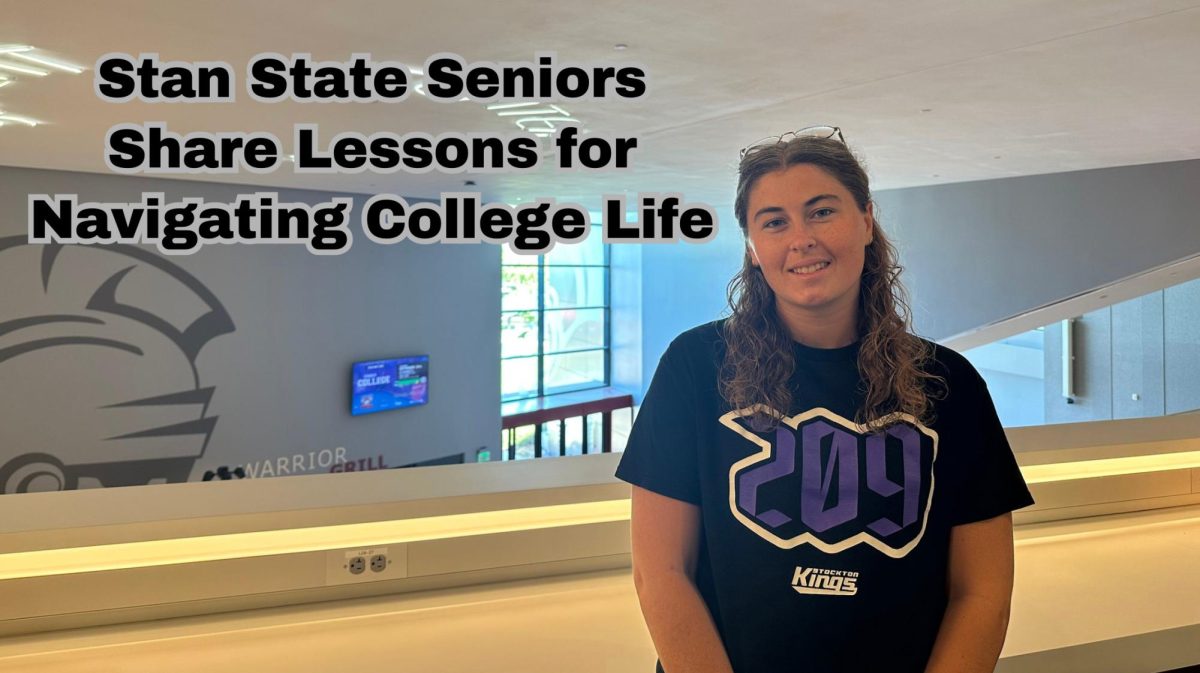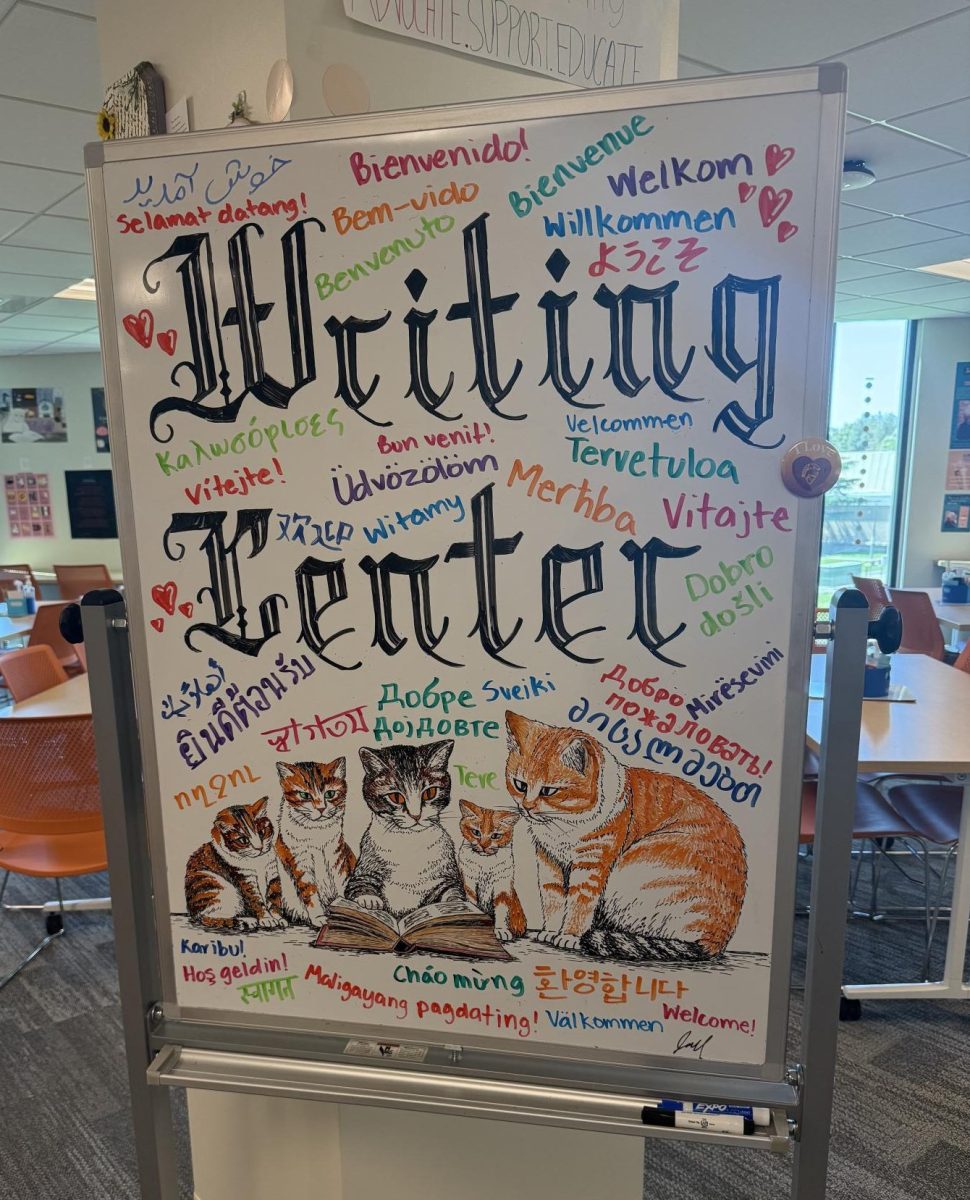Here at CSU Stanislaus, there are several advising services available. These services are dedicated to ensuring that you get the most out of your college experience.
TRIO Student Support Services, or SSS, works with first generation and low-income students, transitioning them into the college setting. SSS also provides one on one counseling that contributes to the students’ understanding of what they need in order to be successful here at Stan State.
SSS student advisor, Jesus Verdugo, says that with SSS, “we normally try to provide the academic advising, the guidance, the support that oftentimes is not necessarily received at home because parents have not received a bachelor’s degree of some type.”
This particular program is offered to freshmen and sophomores who qualify as first generation or low income, and it is used to guide them throughout their college career.
“Generally if a student has a federal Pell grant or a Cal grant, they would fall under that category,” says Verdugo.
“For students [who] have to apply to a program and be admitted, generally we start with an assessment sheet that normally helps us identify certain things that the student needs,” says Verdugo.
When admitted, through one on one student advising, advisors get to know the student’s needs, and assist them with planning as well as maneuvering the university system accordingly.
“It’s more based on conversation, based on assessments as we continue to see students on an advising level, we’re able to build that one on one relationship to kind of tailor what it is they need,” says Verdugo.
The goal of this program is to promote not only academic literacy, but also financial literacy, and a comprehensive understanding of what the campus has to offer as reflected in the workshops and peer advising required for the SSS scholarship.
“Part of the scholarship is attending four workshops of which one has to be financial literacy, so it’s kind of tying in program requirements as well as good academics with all these workshops being promoted not just from our department but from the campus community. So, we use part of that scholarship requirement to sell students into identifying skill development workshops,” says Verdugo.
In doing so, SSS introduces students to a plethora of resources that guide them toward a productive college experience.
The SSS program can only admit 250 students at a given time, so other campus resources are recommended as well. These resources include the Academic Success Center, and the Career Advising Center.
Verdugo explains that the key to success is, “getting the help early on through the faculty and through the advising center so that they know at least where they’re headed.”
One of the recommended resources outside of the SSS program is the Career Advising Center, which often partners with SSS through workshops.
Evelyn Ramos, advisor with the Career and Professional Development Center, explains how her advising, “most frequently is to consider why it is they’re pursuing a degree and what they want to get out of it… I think the most frequent question is ‘what can I do with this degree?’ whether it’s a first year or alum. Our purpose is helping them explore the career development process.”
Within this, advisors work to assist with resumes, cover letters, the interview process, and exposure to career options.
The best way to take advantage of these services is to, as Ramos says, “activate the hire Stan State account to be in the loop of what’s going on, any information sessions, any employers coming to campus. Come to a walk in hour, maybe get a resume critique, maybe go to workshops to get a general overview of services.”
Student Advisors are actively involved in these advising services, providing continued assistance, and offering understanding of their services.
Field experience trainee with the Career and Professional Development Center and current graduate student, Anthony Gonzales, offers insight on the student and advisor perspective of these services.
“I do resume critics, suggestions, advice, looking over job descriptions, matching the language to the desired job, seeing what experiences they think they can’t put [on their resumes] but really they can, and career major exploration,” says Gonzales.
These resources assist the student in understanding what they need to be aware of, as well as how to apply that information to the pursuit of a career.
In regards to why students should take advantage of these services, as Gonzales points out, “You know the saying that goes it takes a village to raise a child? It takes all the services to make a student successful. Since I’ve seen both sides of the coin when it comes to academic and career advising [I] know those services are vital and necessary.”
Academic advising helps students understand what they need to do for classes. Student advising helps students take advantage of the wealth of resources available to succeed in the university setting, and career advising provides students with an understanding of where they go with their degrees into the future.
The student advising services here on campus can be found within MSR. Online tools are also available through Stan Scheduler, HandShake, and HireStanState.
Categories:
Campus Support for First Generation and Low-Income Students
By contributing author Essence Saunders
•
November 23, 2019
Anthony Gonzales, Field Experience Trainee, and Evelyn Ramos with the Career and Professional Development Center provide many useful services to students who are looking to get the most out of their time at Stan State. (Photo courtesy of Essence Saunders)
0
Donate to Signal
Your donation will support the student journalists of California State University, Stanislaus. Your contribution will allow us to purchase equipment and cover our annual website hosting costs.
More to Discover


